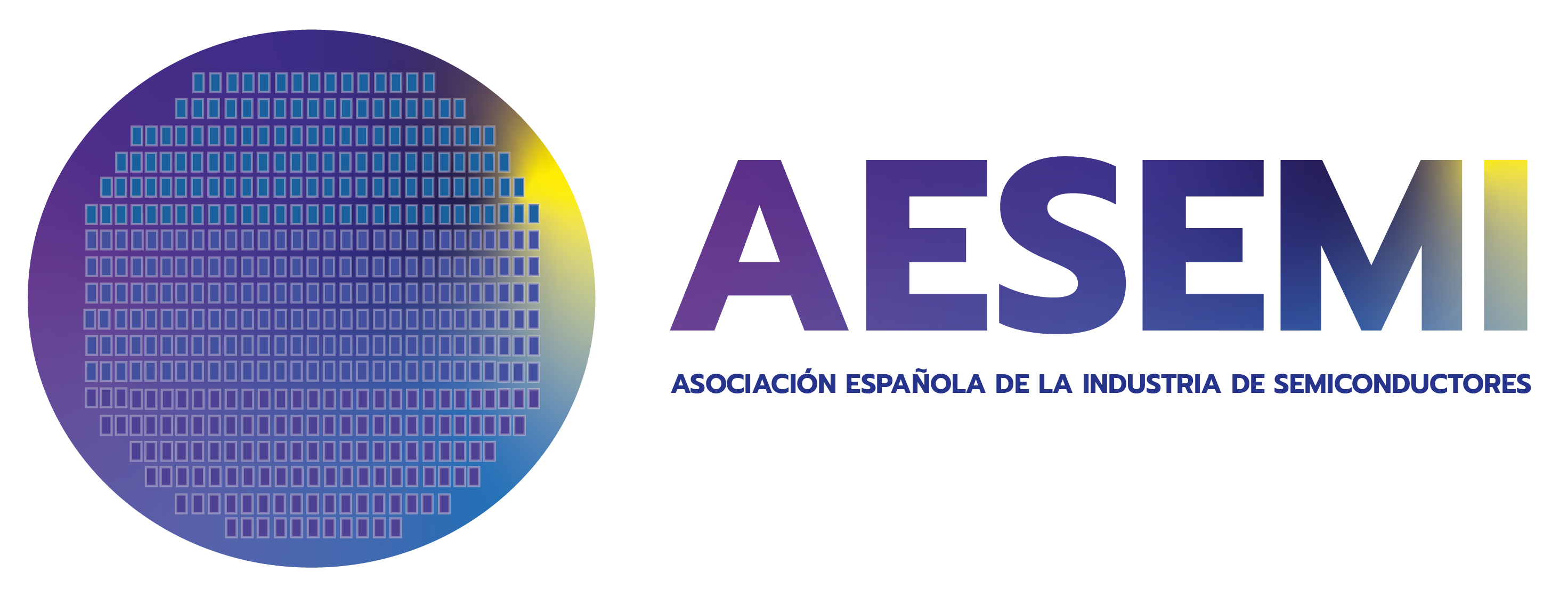Asociación Centro Tecnológico Ceit (www.ceit.es) is a non-profit multidisciplinary research center. It was founded by the University of Navarra in 1982 with the dual objective of developing R&D projects with companies and promoting the dissemination of knowledge through doctoral theses and scientific publications.
Regarding the first objective, Ceit develops more than 100 research projects on average per year between TRL4 and TRL7. It is also relevant to mention that Ceit has participated in 15 projects in FP6, 34 in FP7, 18 RFCS, 1 ESA project, 3 LIFE projects, 45 H2020 projects (of which Ceit coordinates 12) and, so far, 21 HORIZONTE EUROPA projects, of which 5 are coordinated. Regarding the second objective, in the last 5 years an average of 30 doctoral theses have been defended per year, more than 100 contributions to scientific journals and more than 80 participations in international congresses.
It is also worth noting that since 1996 Ceit has created more than 15 technology-based spin-offs that currently employ more than 250 people. It is worth mentioning that 5 of these have been bought by companies listed on the NASDAQ, NYSE, the Madrid Stock Exchange and the Paris Stock Exchange.
It is worth mentioning that Ceit is a member of the Basque Research and Technology Alliance (BRTA), created through a collaboration agreement between 16 technology and cooperative research centers belonging to the Basque Science, Technology and Innovation Network, the Basque Government, the Provincial Councils of Alava, Bizkaia and Gipuzkoa and the SPRI Group.
Ceit is composed of four divisions, as follows:
1 – Materials and Manufacturing Division offers solutions to transform industry challenges into value. It has in turn five research groups with more than 110 researchers with 60 PhDs. The Division’s assets are based on an integrated structure based on the Industry 4.0 approach. This structure, allows a better understanding of material composition and process optimization technologies incorporating Industrial Monitoring, Vision and Robotics knowledge, as well as an advanced Mechanical Design approach. The Thermomechanical Processing and Powder Metallurgy groups are complemented by disruptive technologies such as additive manufacturing and surface laser treatments. The reliability of the final product is evaluated by the Mechanical Evaluation and Non Destructive Testing groups.
2 – Transportation and Energy Division focuses on four main areas; rail transportation (including research lines in rail dynamics, signaling systems, efficient driving assistance system and infrastructure maintenance), aeronautical transportation (including on-board devices for structural health monitoring and electrical components) and road transportation (vehicle electrical components and intelligent transportation system) and smart grid components and energy sensors. The division has more than 50 researchers with capabilities ranging from mechanical design, electromagnetic machines, on-board electronics, power electronics, noise and vibration, communications systems, EMC and RAMS.
3 – CEIT’s Water and Health Division is funded on three main pillars. The first is based on the development of urban and industrial water control and monitoring systems and covers applications in the water sector. The other two provide the health sector with a dual focus: on the one hand, research focuses on the design, fabrication and testing of biomedical devices and biosensors for monitoring biophysical parameters and supporting medical diagnosis, while on the other, modeling and development of bioinformatics tools for drug replacement, genetic and metabolomics applications constitute the main activity.
4 – The ICT Division focuses its research on the design of monitoring devices and communications systems.
• Address: Paseo de Manuel Lardizábal, n 15, CP 20018 Donostia- San Sebastián
• Telephone: 943212800
• Email: iadin@ceit.es / acortes@ceit.es
• Contact person: Iñigo Adin / Ainhoa Cortés

